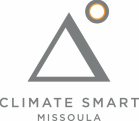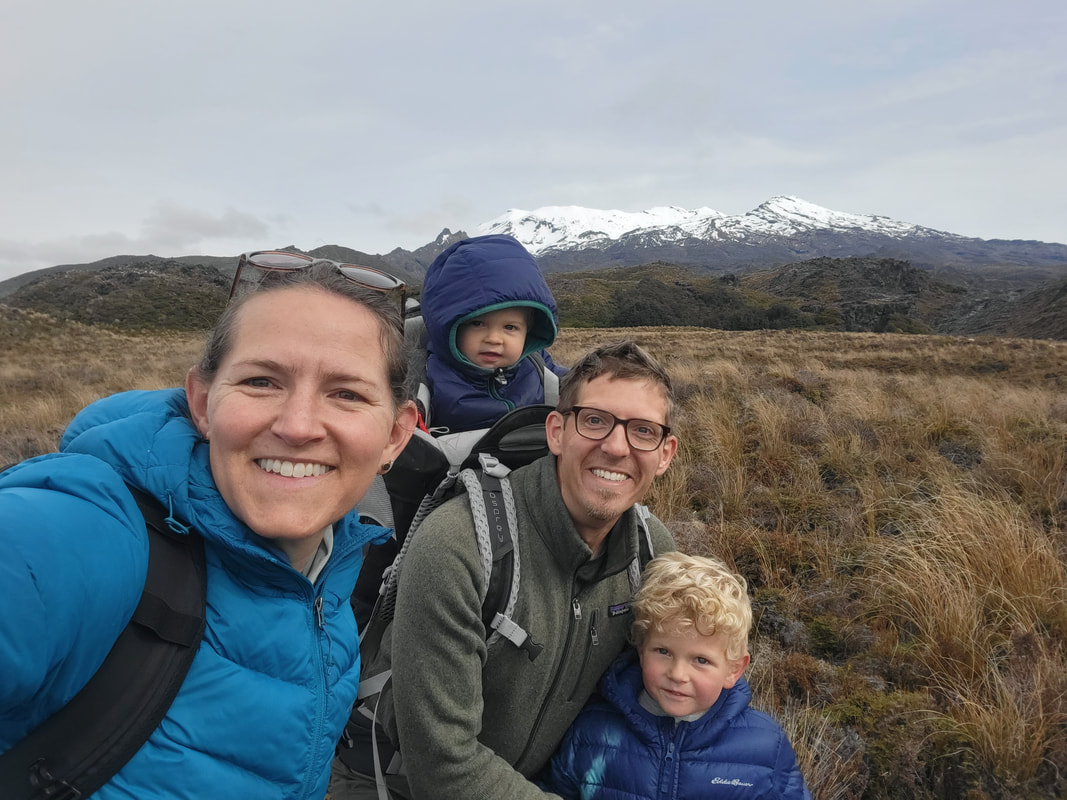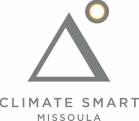|
The other day, I logged on to social media and saw a BBC headline that, just a few months ago, I probably would have scrolled right past. This time, I stopped and clicked.
“Cyclone Gabrielle: Three dead after New Zealand declares state of emergency.” My heart sank. Just a couple months ago, my family and I were nearing the end of a two month sabbatical in New Zealand. After we returned, we saw the news about the terrible rains and flooding in the Auckland region in January, and now here was Cyclone Gabrielle: more destruction right on the heels of the previous storms. This felt personal; we’d just spent three days in the hard-hit Hawke’s Bay area staying with local friends, and I recognized place names that were now literally under water. Wairoa. Tarawhiti. Te Puia. Esk Valley. This string of climate-supercharged storms that has severely damaged New Zealand has kept the small island nation - and the lessons I learned from my two months there last fall - at the top of my mind. Our trip to New Zealand was something we’d dreamed about for years. I was eager to learn from the country itself. I’d heard so much about New Zealand’s “green” credentials, and it didn’t seem to be just a marketing ploy: days before we arrived there, the government had proposed a bold, world-first policy to reduce carbon emissions from their agricultural sector, the country’s biggest source of climate pollution and largest source of export income. I wanted to be in a country that was stepping up to the plate on climate issues, and this place seemed legit. I also hoped the trip would give me some perspective personally. After two and a half years of juggling pandemic life and work with two small children, I was burnt out. I kept asking myself: Am I where I’m supposed to be? Does my work matter? How can I be a parent and spouse and colleague and daughter and friend and do it all well? I hoped my sabbatical time would give me clarity. That’s not exactly what I got - at least not in the way I expected. On the climate front, I did learn that New Zealand really is, relative to us, ahead of the curve. Climate change is much less polarized there: refreshingly, the major political parties on both left and right agree it’s real, human-caused and urgent, even if they disagree on how to address it. They have ambitious conservation and ecological restoration goals and are actually making progress. The country is powered by over 80% renewable energy, and it’s a national point of pride to wear sweaters indoors to save energy. The country is also miles ahead of the U.S. in efforts to address its legacy of colonialism and redress harms done to its indigenous Maori people. After dissolving a former national park and restoring sovereignty over the region to the local iwi, or tribe, Te Urewera became the first natural resource in the world to be granted legal personhood status. Stunning. But New Zealand is not a utopia. It’s a real place, with real problems. The cities are car-centric, built on floodplains, and full of aging infrastructure. Much of their rural population feels left out and left behind by urban policymakers. Racism and income inequality exist. And clearly they’re not immune to the ravages of climate disasters. As for my personal hopes? New Zealand didn’t give me any firm answers there either. For the first few weeks, I felt unsettled. Instead of sabbatical giving me answers to my life questions, it seemed to train a giant spotlight on them. Yet, as the weeks passed, I did get a lot more comfortable with my questions. And I started to realize that asking the right questions might be more important than having all the answers. Perhaps I shouldn’t be asking if I’m doing it all right? Back home in Missoula, I’ve been thinking about how this lesson can inform our work on local climate solutions. Here are some of the important questions we at Climate Smart are asking: How can we focus less on expectations, and more on opportunities? Or put another way - how can we make sure that our plans have room for ambitious flexibility? Our recent Community Clean Energy Workforce Prize is a great example. Our collaborative Building(s) for the Future initiative strives for low-carbon homes and buildings, yet with myriad paths to get there, how to make progress on this effort has felt murky. Now we have more clarity - let’s say yes to electrification and no to methane gas. We know that a barrier to electrification is a robust and diverse workforce, and opportunities might come our way from new federal funding. Missoula County’s climate action program manager Caroline Bean had a wild idea that a small team of us should jump into a new workforce development effort focused on underserved women. We all took a chance, said yes to this new path, and it’s paying off. How can we both act with urgency and be in this for the long haul? The climate crisis is impacting us now, and every bit of emissions we avoid today matters. But we also need to change the systems that got us here in the first place. That means, for example, encouraging those who are able to electrify their homes and businesses, go solar or switch to an EV today, but also investing in long-term relationships with partners and working for a Missoula where abundant, affordable, and climate-friendly housing is the default and available to all. What if we get it right? This might be the hardest and most necessary question of all. One of our climate heroes, Dr. Ayana Elizabeth Johnson, asked it on a recent podcast and I can’t stop thinking about the power of this question. It can feel almost naive in the face of today’s climate realities. But if we can’t envision a livable future for our community, how can we get there? What will Missoula be like in 30 years if we make the right choices today? Since I first read about Cyclone Gabrielle’s damage in New Zealand, I’ve been following the social media posts of our friend Jill McDonald. She’s a minister at a church in Hastings, the biggest city in Hawkes Bay. She and her family are okay, but they know many people in their community whose homes had been damaged or destroyed. Jill immediately jumped into action, opening her church for people to shelter in and charge their phones; connecting people who needed a place to stay with hosts who had spare rooms; creating a website to facilitate lending of backup generators for power. In a gesture of quintessential Kiwi hospitality, she’s even baking scones for people who stop by. We don’t know exactly what the future holds here in Missoula, and I can imagine it will always come with its share of challenges. (Learning how to bake scones seems like a good idea, just in case.) But if we can stay curious and keep asking questions of ourselves and with each other, we can open doors and bring people in, navigating together towards the north star of an equitable, climate-safe community for all. -Abby Huseth
0 Comments
Leave a Reply. |
AuthorsAbby Huseth Archives
July 2024
Categories
All
|


 RSS Feed
RSS Feed


